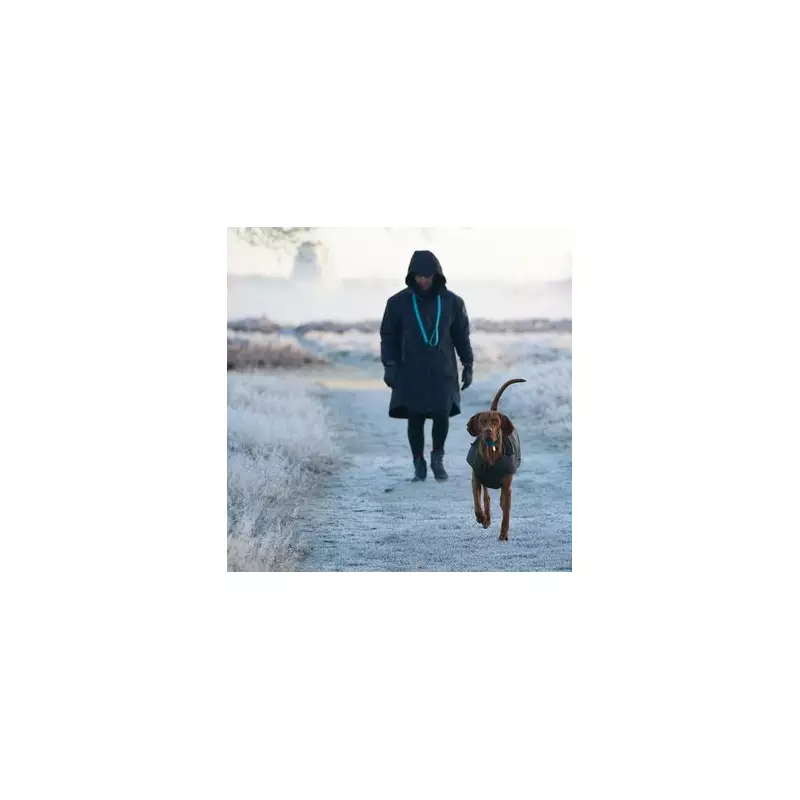
As the UK experiences its first deep freeze of the season, a stark warning has been issued to dog owners, urging them to perform a simple but vital check after every single walk to protect their pets from serious illness or even death.
The Critical Paw Check
With plummeting temperatures and snow forecast across the country, councils are deploying rock salt and grit on roads and pavements to prevent slips. However, while this is essential for human safety, these substances pose a significant hidden danger to our canine companions.
Dogs Trust Merseyside is emphatically advising all dog owners to meticulously check their dog’s paws after every winter excursion. This involves carefully wiping down the paws to remove any granules of salt or grit trapped in the pads and between the toes.
The charity explains that the salt used to melt ice can cause considerable discomfort, leading to soreness, cracking, and even chemical burns on a dog's sensitive paw pads. Its abrasive texture can also result in painful cuts and bleeding.
Hidden Dangers: From Paws to Tummy
The risks extend far beyond sore feet. Dogs are naturally inclined to lick their paws clean, and in doing so, they can accidentally ingest the toxic substances.
Any rock salt can severely irritate a dog's digestive system. The consequences of ingesting too much can be dire, leading to salt poisoning. Symptoms to watch for include vomiting, diarrhoea, excessive thirst, tremors, and seizures. In the most severe cases, if a large quantity is consumed, it can cause kidney damage or induce a coma.
Fortunately, a quick post-walk paw check and wipe can prevent these distressing outcomes entirely.
The Lethal Threat of Antifreeze
Another grave concern highlighted by the Dogs Trust is the presence of antifreeze, commonly found in de-icing products, screen wash, and car engines.
This is a highly toxic substance that can cause severe illness or be fatal if ingested by a dog. Alarmingly, antifreeze has a sweet taste that animals find appealing, and it is easily accessible when spilled on driveways and roads.
The ethylene glycol contained in antifreeze can cause acute, irreversible kidney failure and other serious neurological issues. The charity stresses that if you suspect your pet has consumed any amount of antifreeze, you must contact a vet immediately without delay. The speed of treatment is critical in preventing irreversible damage.
Charlie Dobson, Senior Veterinary Surgeon at Dogs Trust, stated: "With freezing weather forecast, we’re sure to see the gritters out to make our roads and pavements safe for people, but grit can be problematic for dogs. Many people don’t realise that the salt and grit spread on roads can irritate a dog’s paws and, if licked off, can cause stomach upset or even poisoning."
He added, "Simply checking and wiping your dog’s paws after a winter walk can go a long way in preventing issues... The best way to protect your dog is to keep all antifreeze and de-icing products securely stored, avoid using them around your dog, and seek veterinary care immediately if you suspect they’ve ingested any."





